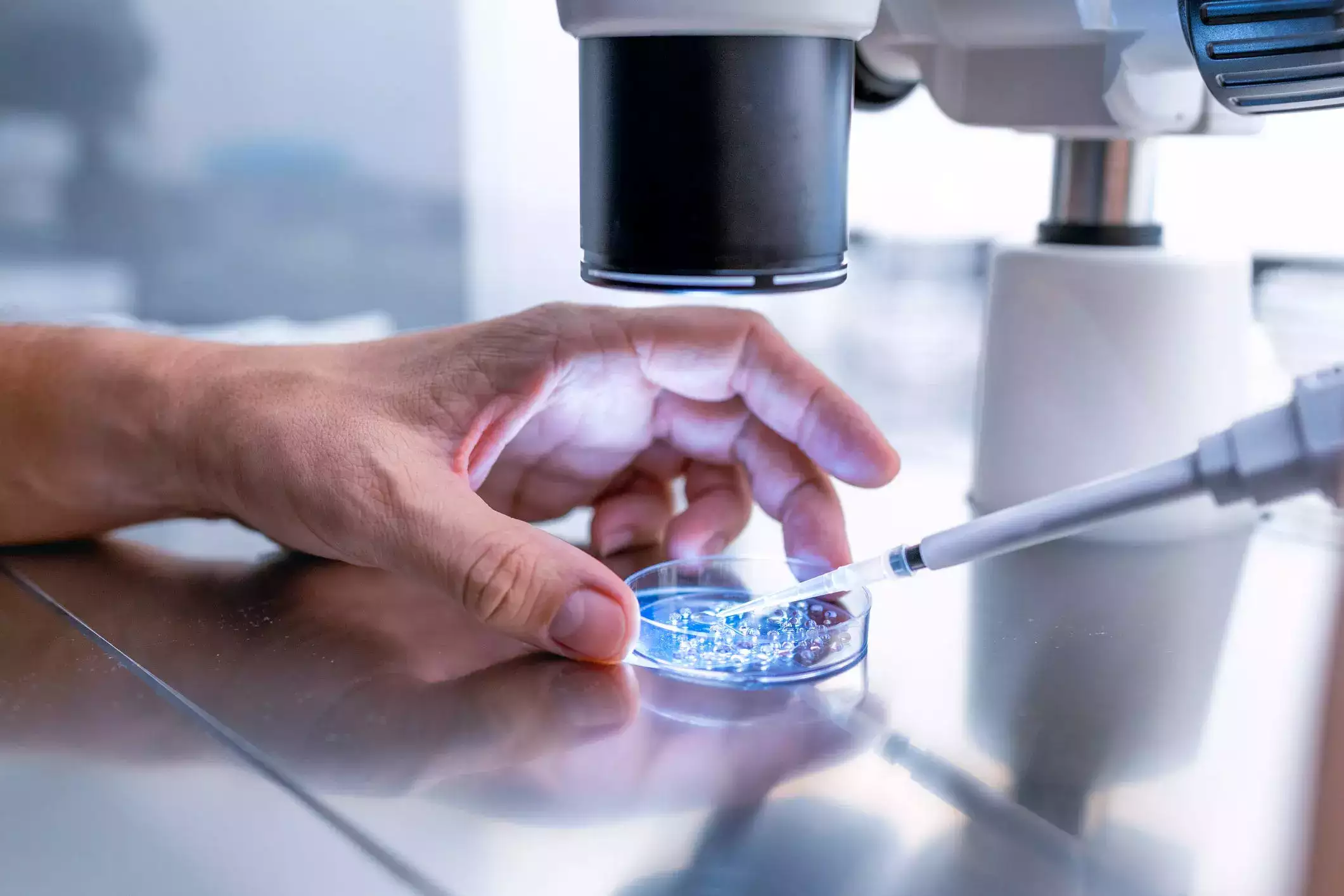“Tiny biological robots created from human lung cells could regenerate damaged tissues and treat disease, according to scientists from Tufts and Harvard universities. The microscopic “biobots,” called anthrobots, have the potential to travel within the body and encourage new cell growth. The breakthrough, reported TuftsNow, is a result of the alteration of the chemical composition of lung cells. When the cilia on the cells were faced outwards, the anthrobots began moving and showed the ability to heal damaged cells. The research, published in Advanced Science, reveals new insights into how human cells assemble and function. This approach is an improvement from prior efforts to create tiny robots using cells from frog embryos, as it demonstrates that cell regeneration is not limited to amphibian or embryonic cells. Although created from human cells, the anthrobots do not have a complete life cycle and are not considered fully-fledged organisms. Michael Levin, coauthor of the study, highlighted the potential of this research to advance medical technology, although the use of anthrobots doctors is not anticipated in the near future. Meanwhile, the FDA has already approved over 500 medical AI algorithms that aid in diagnosing and treating patients.”
Tiny living ‘robots’ made from human cells scientists could potentially aid in disease treatment in the future

